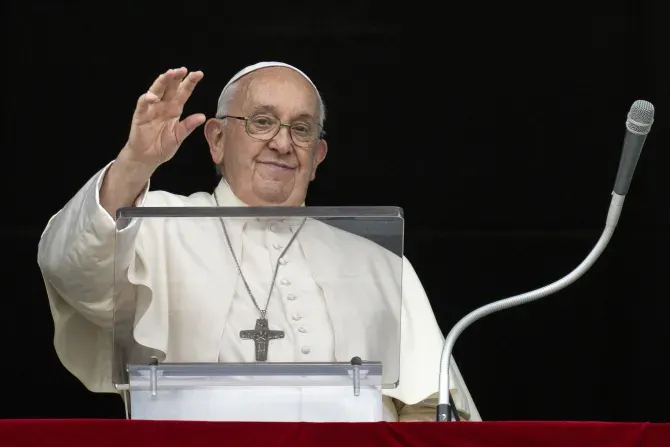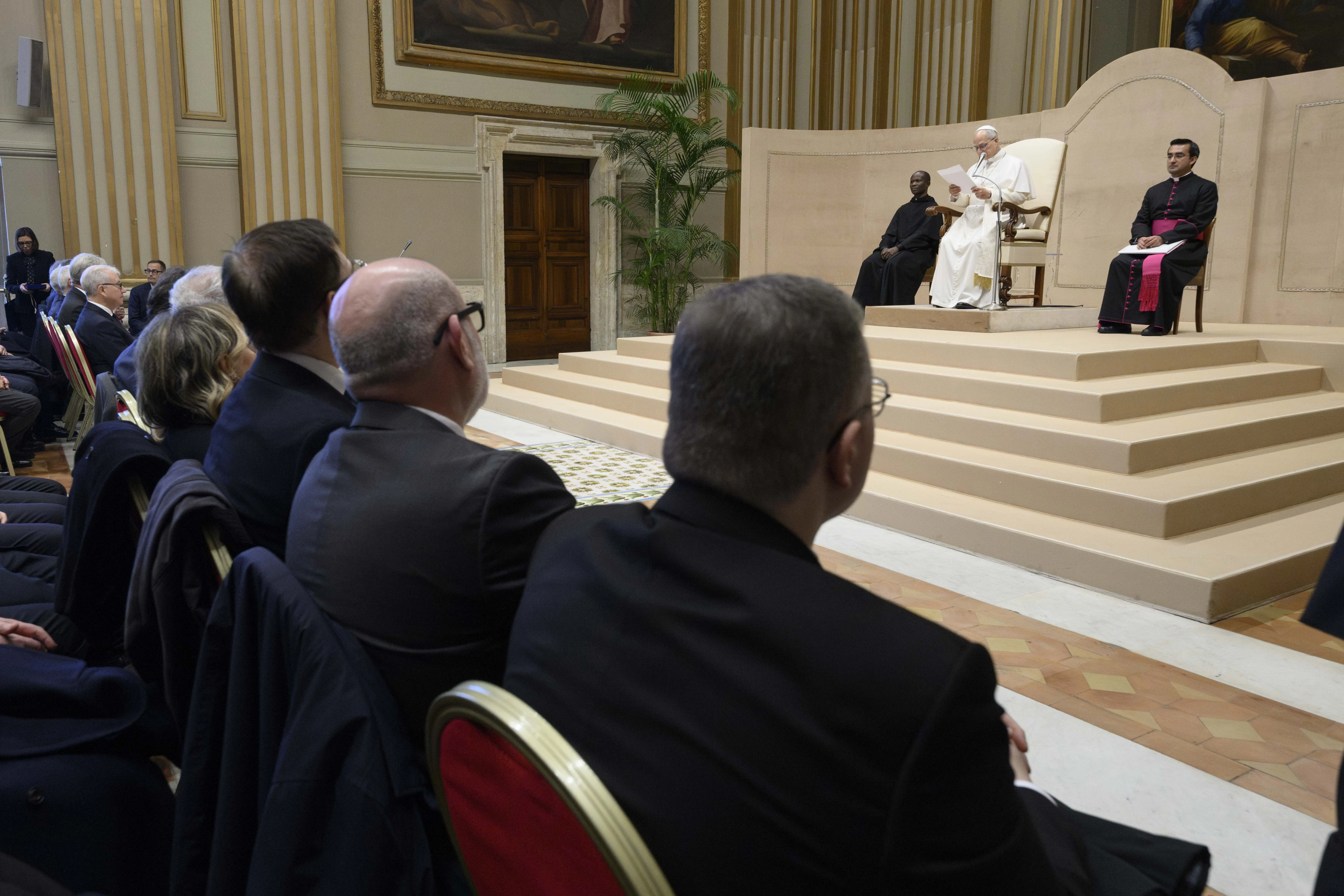Pope Francis wrote that Catholic theology must experience a “courageous cultural revolution” in order to become a “fundamentally contextual theology.” Guided by Christ’s incarnation into time and space, this approach to theology must be capable of reading and interpreting “the Gospel in the conditions in which men and women live daily, in different geographical, social, and cultural environments,” the pope wrote.
The pope contrasted this approach with a theology that is limited to “abstractly re-proposing formulas and schemes from the past” and repeated his long-standing criticism of “desk bound theology.” Instead, he emphasized that theological studies must be open to the world, not as a “‘tactical’ attitude” but as a profound “turning point” in their method, which he said must be “inductive.”
Pope Francis emphasized that this bottom-up reenvisioning of theology is necessary to better aid the Church’s evangelizing mission.
“A synodal, missionary, and ‘outgoing’ Church can only correspond to an ‘outgoing’ theology,” the pope wrote.
Relatedly, the pope said, this dialogical approach can allow theology to “broaden the boundaries” of scientific reasoning, allowing it to overcome dehumanizing tendencies.
‘Transdisciplinary’ and pastoral
To achieve this “‘outgoing’ theology,” Pope Francis wrote that theology must become “transdisciplinary,” part of a “web of relationships, first of all with other disciplines and other knowledge.” This engagement, he wrote, leads to “the arduous task” of theologians making use of “new categories developed by other knowledge” in order to “penetrate and communicate the truths of faith and transmit the teaching of Jesus in today’s languages, with originality and critical awareness.”
Pope Francis also wrote that priority must be given to “the knowledge of people’s ‘common sense,’” which he described as a “theological source in which many images of God live, often not corresponding to the Christian face of God, only and always love.”
The pope said that this “pastoral stamp” must be placed upon all of Catholic theology. Described as “popular theology,” by starting from “the different contexts and concrete situations in which people are inserted” and allowing itself “to be seriously challenged by reality,” theological reflection can aid in the discernment of the “signs of the times,” the pope wrote.
“Theology places itself at the service of the evangelization of the Church and the transmission of faith, so that faith becomes culture; that is, the wise ethos of the people of God, a proposal of human and humanizing beauty for all,” the pope wrote.








